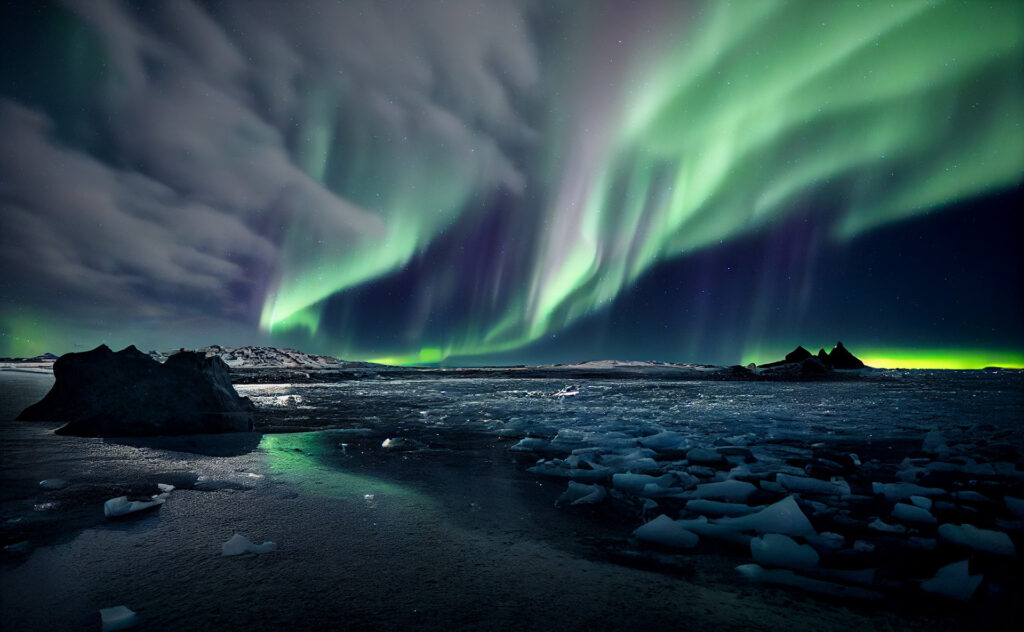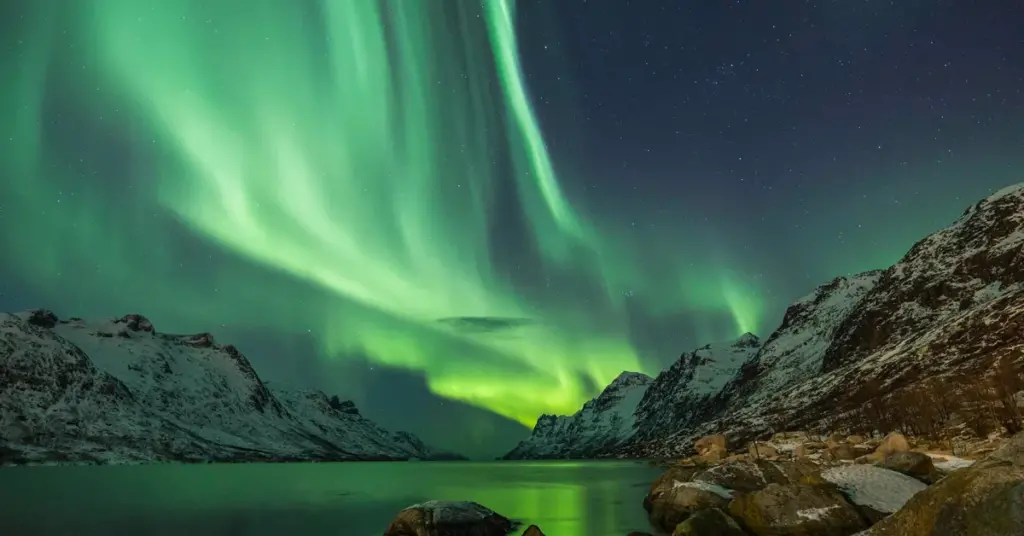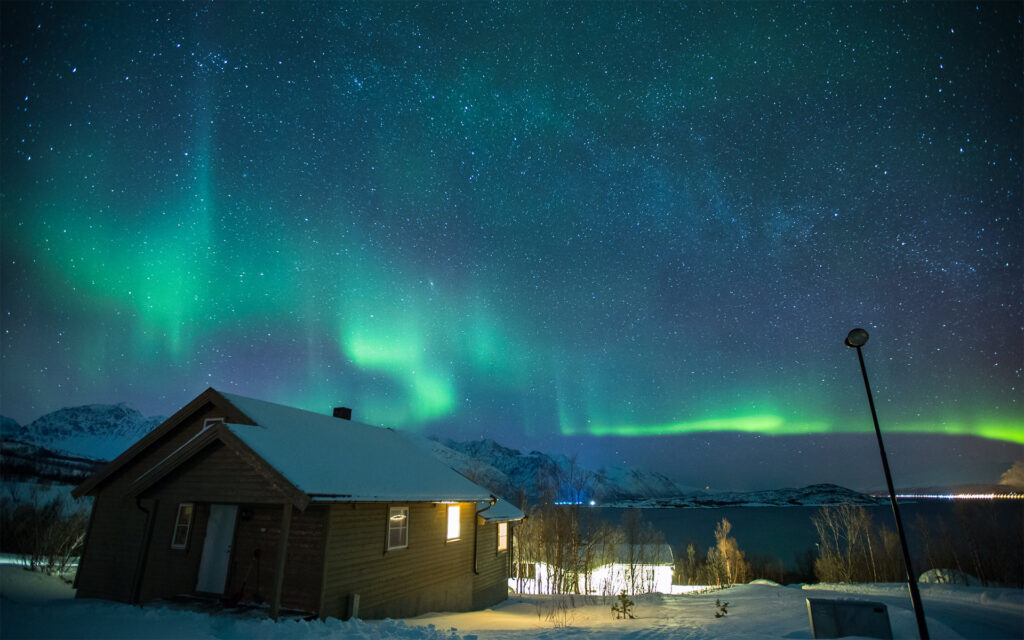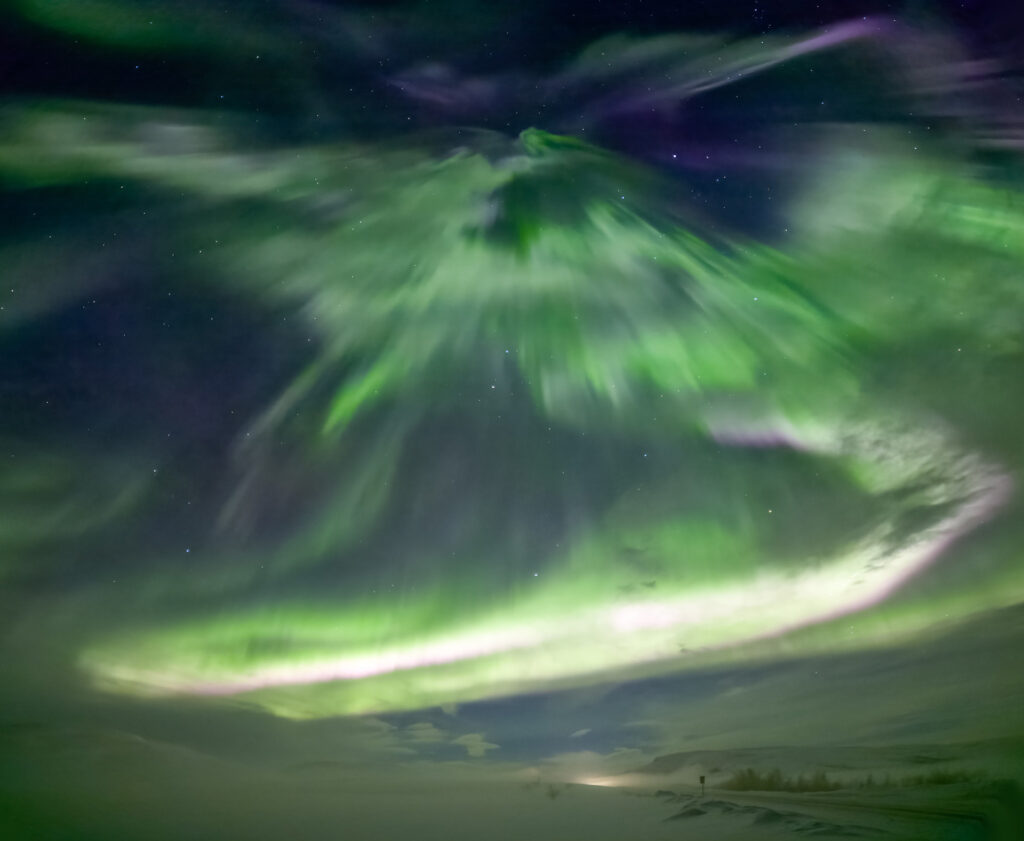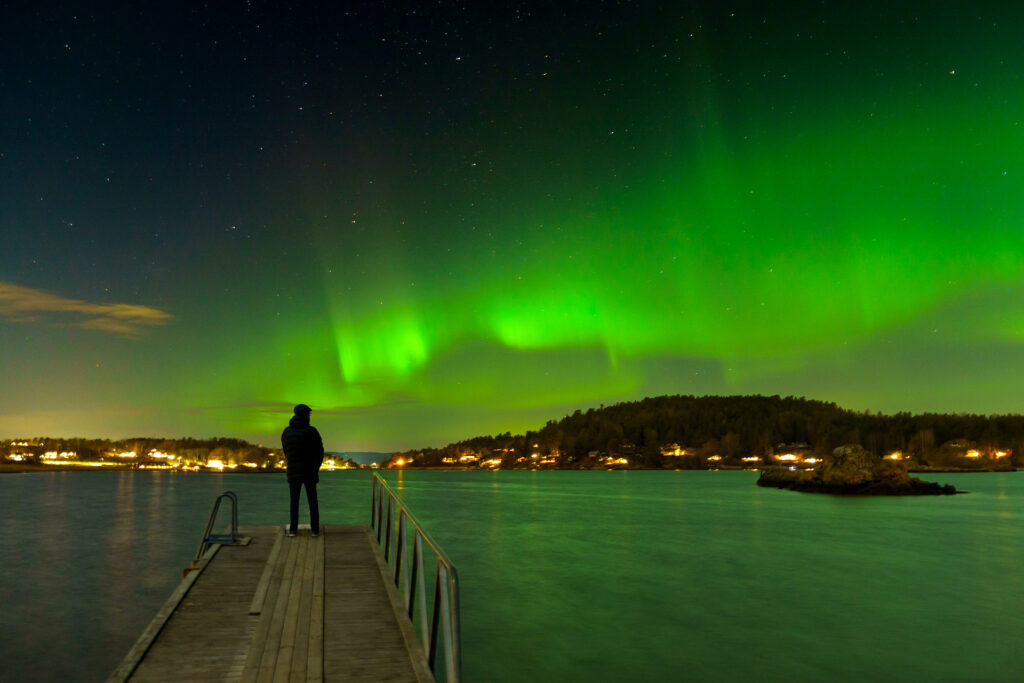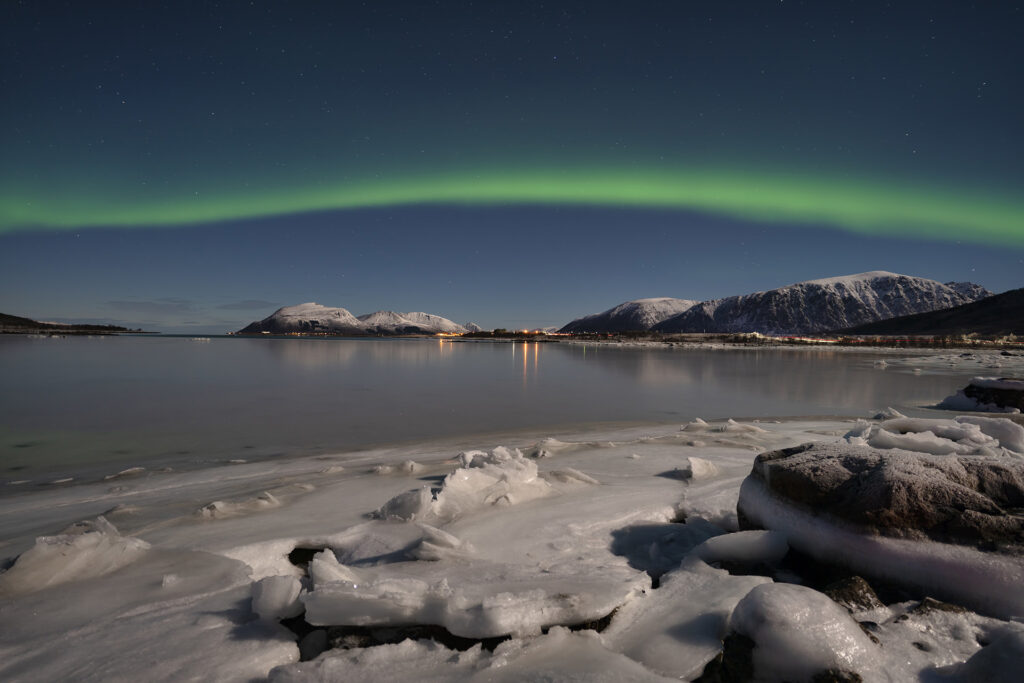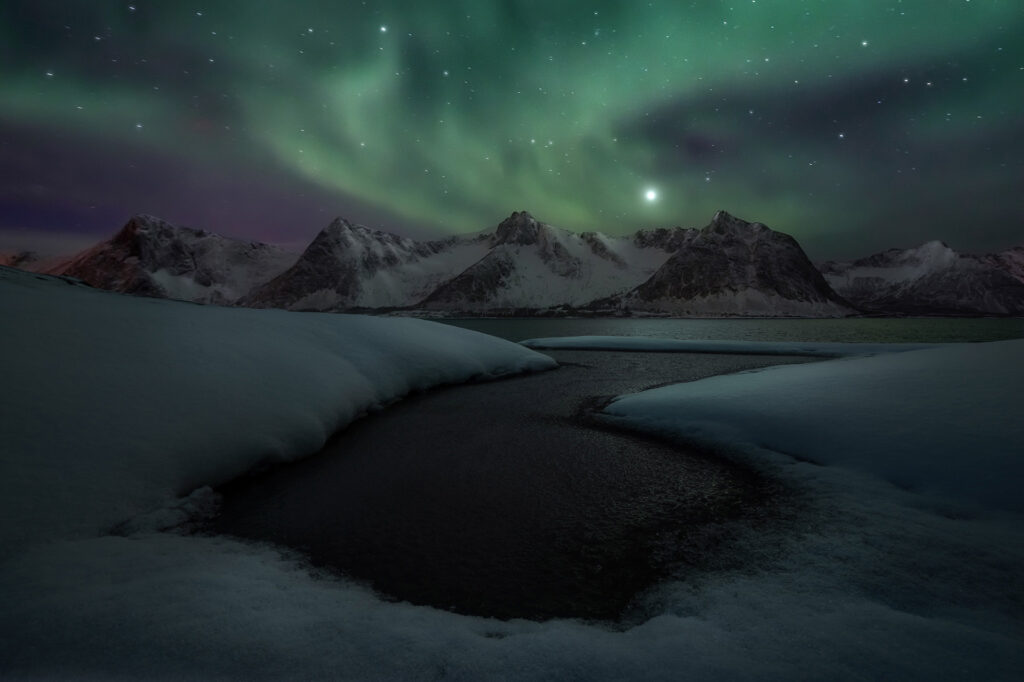Introduction: The Celestial Dance in Quebec’s Night Sky
Quebec, Canada, becomes a canvas for the awe-inspiring Aurora Borealis, a celestial phenomenon that graces the night sky with vibrant hues. In this guide, we unravel the mystery of where and when to watch Aurora Borealis in Quebec. From the historical charm of Quebec City to the coastal beauty of Tadoussac, let’s explore the optimal locations and timings to witness the celestial dance.
Best 5 Places Where to Watch Aurora Borealis in Quebec
Quebec City
Nestled along the St. Lawrence River, Quebec City transforms into a regal setting for the Aurora Borealis during the winter months. From November to March, the crisp winter air provides ideal conditions for the celestial lights to dance over landmarks like Château Frontenac, creating a magical and historical ambiance.
Exploring Quebec City’s Celestial Elegance: Wander through Old Quebec and find a quiet spot near the Plains of Abraham to witness the Northern Lights against the backdrop of this charming city steeped in history.
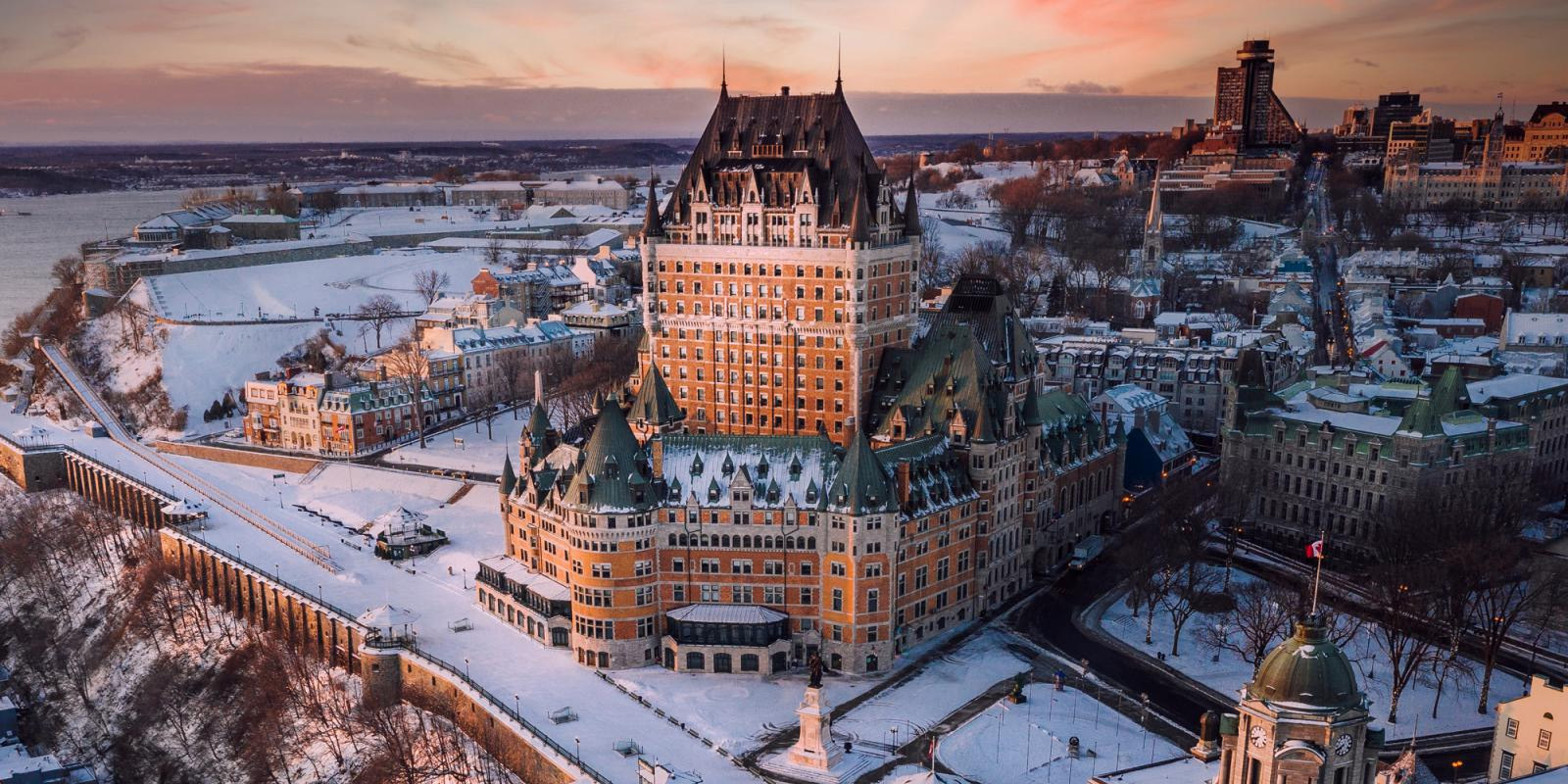
| ℹ️ View More |
| 🏡 Best Places to Stay in Quebec City |
Montreal
Montreal, a vibrant metropolis, offers a unique juxtaposition of urban lights and the cosmic brilliance of the Aurora Borealis. Between October and March, venture to Parc du Mont-Royal or the Jacques Cartier Bridge for a front-row seat to this celestial ballet, where the city’s energy complements the natural spectacle.
Chasing Lights in Montreal’s Night Sky: Escape the urban hustle and witness the lights’ dance against the modern skyline, creating a mesmerizing interplay of nature and cityscape.
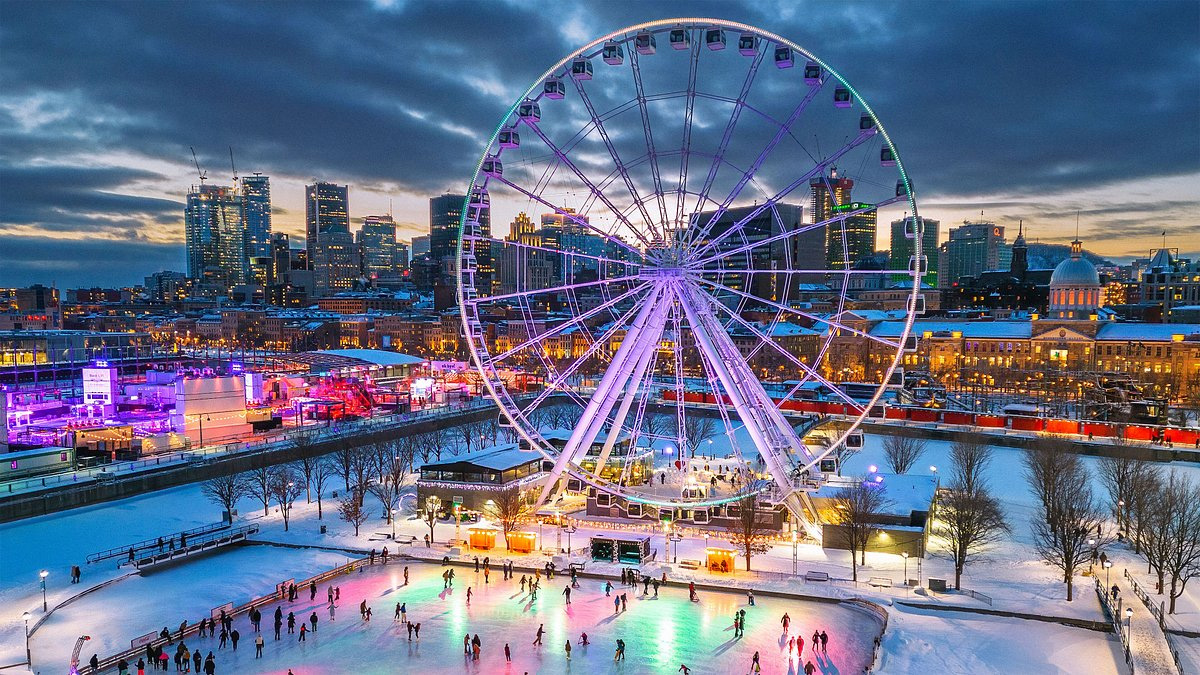
| ℹ️ View More |
| 🎫 8 Days Northern Lights Tour Starting From Montreal |
Tadoussac
Tadoussac, where the Saguenay River meets the St. Lawrence, offers a coastal haven for Aurora Borealis enthusiasts. Visit between December and February to witness the lights reflecting on the river’s surface, enhancing the enchantment of this celestial display.
Embracing Coastal Magic: Escape to Tadoussac’s serene shores and let the Northern Lights weave their magic over the tranquil waters, providing a unique and peaceful spectacle.
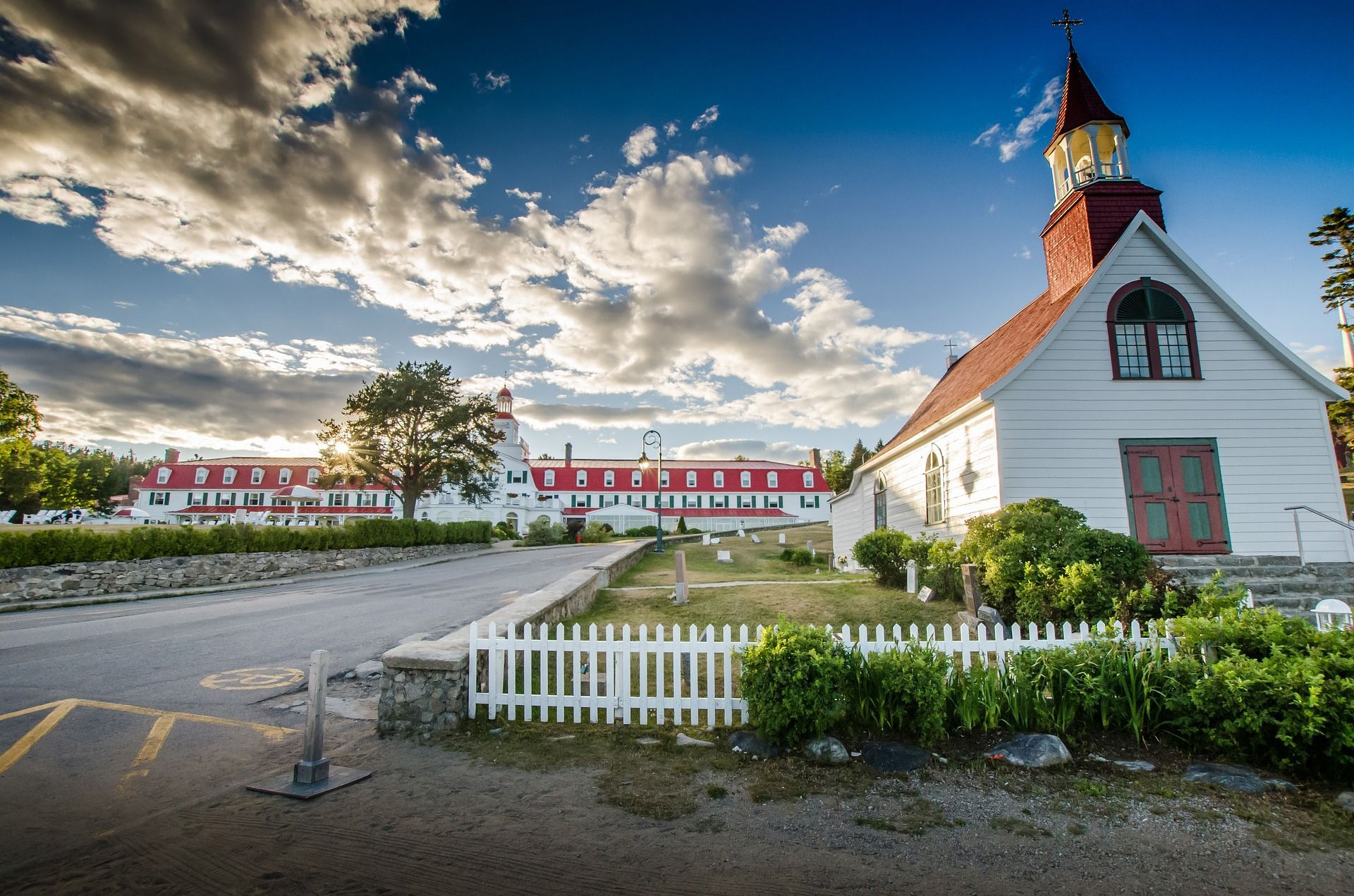
| ℹ️ View More |
| 🏡 Best Places to Stay in Tadoussac |
Gaspé
Gaspé, located on the Gaspé Peninsula, provides a dramatic setting for the Northern Lights. Between November and February, the lights dance against coastal cliffs and the vastness of the Gulf of St. Lawrence, creating a symphony of lights in this unspoiled landscape.
Immersing in Gaspé’s Natural Grandeur: Explore the rugged beauty of Gaspé, where the Aurora Borealis paints the night sky with celestial hues against the backdrop of the expansive sea.
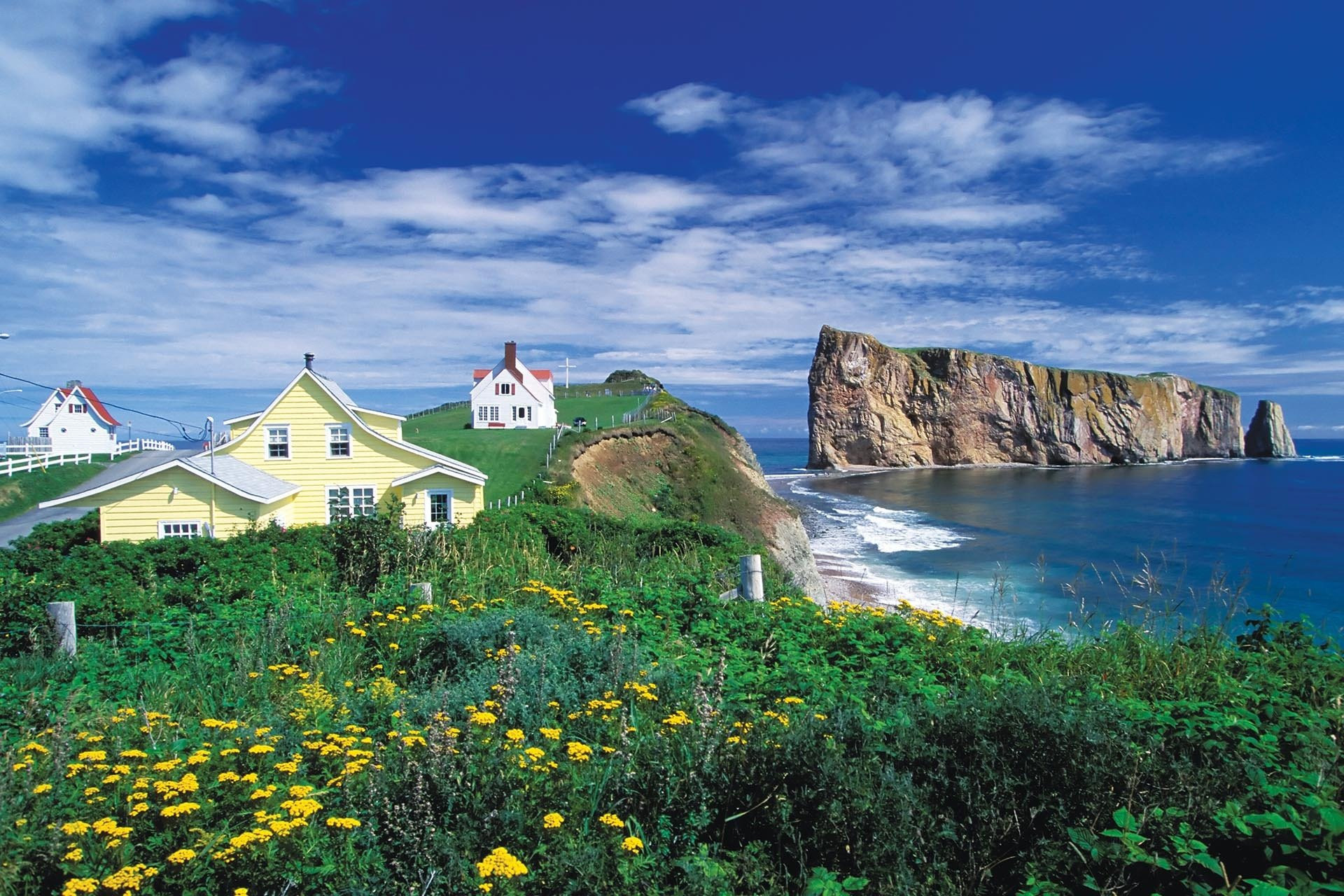
| ℹ️ View More |
| 🏡 Best Places to Stay in Gaspé |
Saguenay
Saguenay, with its mix of urban amenities and natural beauty, becomes a haven for Aurora Borealis enthusiasts. The lights grace the skies from October to March, and the city’s strategic location, surrounded by hills, shields it from excessive light pollution.
Chasing the Northern Lights in Saguenay: Discover elevated vantage points in locations like Cap Jaseux or Monts-Valin National Park, offering unobstructed views of the cosmic dance.
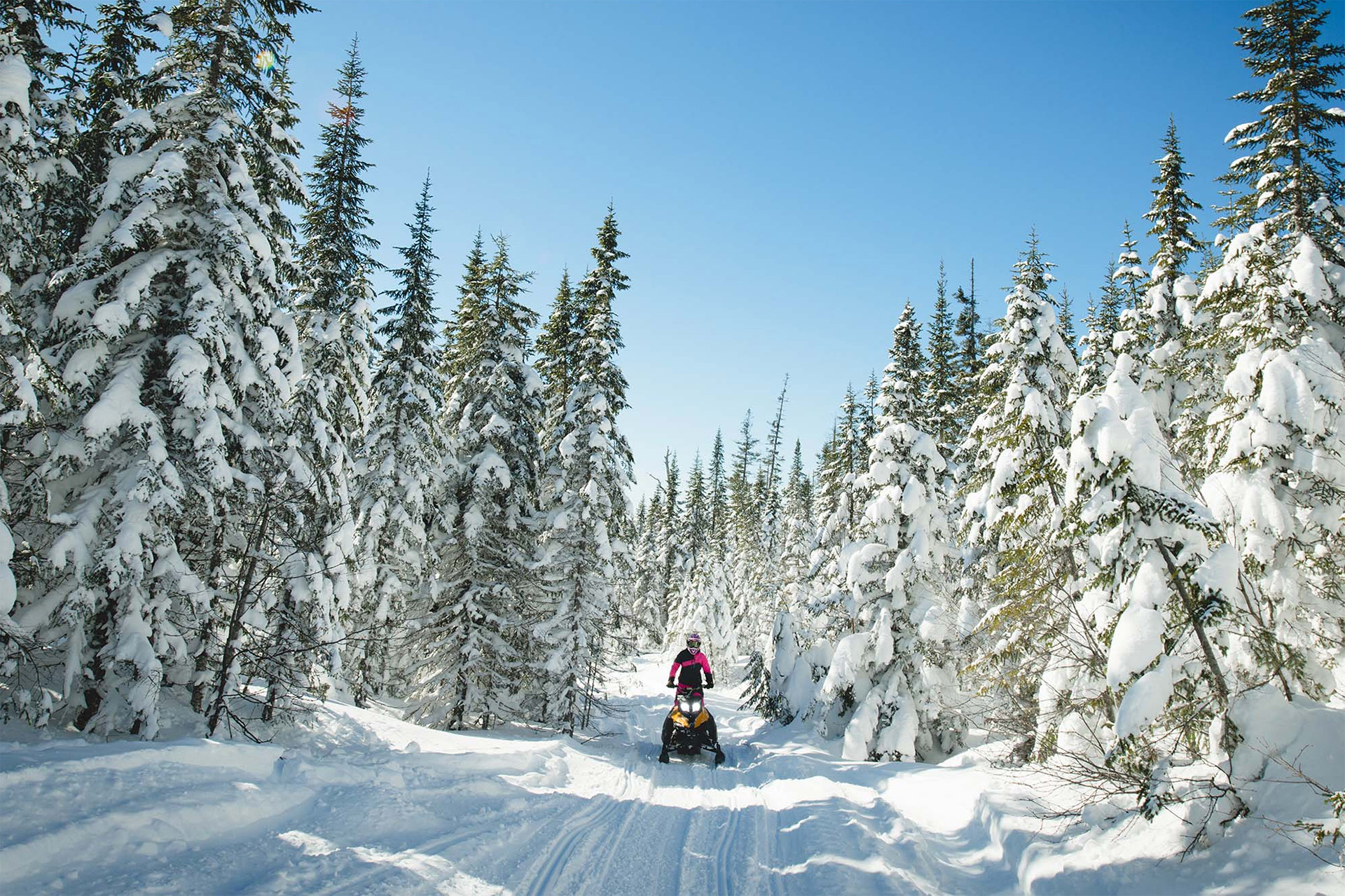
| ℹ️ View More |
| 🏡 Best Places to Stay in Saguenay |
Best Time to Witness the Northern Lights
Timing is crucial when embarking on the quest to witness the Aurora Borealis in Quebec. The optimal period to experience the cosmic dance of lights is during the winter months, spanning from October to March. This timeframe aligns with longer nights and clearer skies, providing the ideal conditions for the Northern Lights to reveal their celestial brilliance. Within this window, each month carries its own unique charm. October and November introduce the dance with a touch of autumn, while the peak season from December to February showcases the lights against the backdrop of pristine winter landscapes. March, with its lingering winter nights, serves as a captivating conclusion to the Aurora Borealis season. As you plan your celestial odyssey, consider these months to unlock the full splendor of the Northern Lights in Quebec‘s night sky.
| ℹ️ Read More: | Where Can You See Aurora Borealis in Ontario? |
Weather Forecast and Conditions
Quebec‘s winter nights, characterized by clear skies and colder temperatures, provide optimal conditions for Aurora Borealis viewing. Stay informed about the weather forecast, choosing nights with minimal cloud cover for an uninterrupted celestial experience.

Joining a Northern Lights/Aurora Borealis Tour
Embarking on a guided Northern Lights tour amplifies your experience by offering expert insights into the phenomenon. Tour operators take you to optimal viewing spots, ensuring minimal light pollution and maximizing your chances of witnessing the Aurora Borealis in all its splendor.

Conclusion
Quebec‘s diverse landscapes, from historical cities to coastal havens and pristine peninsulas, offer a series of stages for the mesmerizing Aurora Borealis. Whether you choose the regal ambiance of Quebec City, the urban brilliance of Montreal, or the coastal tranquility of Tadoussac, each location promises a unique and unforgettable encounter with the cosmic dance.
FAQ Section: Where and When to Watch Aurora Borealis in Quebec
Q. What is the best time to witness the Northern Lights in Quebec?
A. The optimal time is from October to March when the nights are longer and the skies are clearer.
Q. Are guided Northern Lights tours available in these Quebec locations?
A. Yes, various tour operators offer guided experiences, providing insights into the phenomenon and ensuring the best viewing spots.
Q. Do I need special equipment to enjoy the Northern Lights in Quebec?
A. While not mandatory, bringing binoculars can enhance your experience. Dress warmly to withstand the colder temperatures during winter nights.
Q. Are the Northern Lights visible throughout the entire night?
A. The intensity varies, but the best viewing times are generally between 10 PM and 2 AM.
Q. Are there accommodations specifically designed for Northern Lights enthusiasts?
A. Some hotels and lodges in these regions offer Aurora Borealis-themed packages, enhancing your overall experience.

